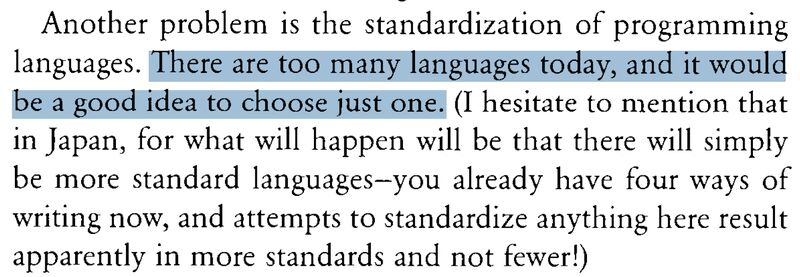O governo fez aquilo que melhor sabe para resolver um problem — e eu concordo que é um problema em Portugal —, que foi legislar na nova proposta do Regime Júridico das Insitutições de Ensino Superior. Em particular,
Escolas médicas querem regime de excepção nas regras contra endogamia académica
“As unidades orgânicas que não tenham pelo menos 40% de docentes e investigadores de carreira licenciados ou doutorados noutra instituição de ensino superior ficam impedidas de contratar, independentemente do tipo de vínculo, nos três anos subsequentes à obtenção do grau de doutor, como docentes ou investigadores que nela tenham obtido todos os seus graus académicos.
Esta regra é um grande tiro no pé, prejudicando imensamente universidades no interior ou em cidades que só têm uma universidade. Imaginemos, alguém que termina o doutoramento na Universidade de Lisboa, pode ir para a Nova, para o ISCTE ou para outra das várias universidades que Lisboa tem. Já alguém que termine o doutoramento na UTAD tem obrigatòriamente de mudar de cidade. Imaginem o problema da UTAD com dificuldade em contratar professores, porque os doutorados que lá vivem não podem lá trabalhar.
Ora, existem vários motivos válidos para alguém não querer mudar de cidade (apoio à família, não querer que os filhos mudem de escola, two-body problem, ou porque acumulam com outra actividade profissional que é local. Esta medida prejudica gravemente quem está nestas situações.
O Conselho de Escolas Médicas Portuguesas concorda, pois os médicos não estão em regime de exclusividade e não querem mudar de serviço nem de cidade. E não são só os médicos!
E sim, eu sei que existe muita endogamia controlada (incluindo na Medicina), mas a solução não é bloquear contratações. Nem é delegar a contratação para elementos externos, como acontece com os painéis de peritos imparciais, mas que são escolhidos pela casa a dedo para valorizarem o que querem valorizar, numa táctica de tit-for-tat. Nós devemos dar às instituições a liberdade de definirem os seus objectivos e as estratégias e práticas que levem a esses objectivos. Mas devemos também avaliar e fiscalizar as decisões tomadas, com fortes implicações na carreira. Se a estratégia de contratação de uma entidade não funciona, é preciso entender o porquê e perceber se foi de má fé ou não.
Isso é o que devemos combater: a endogamia que foi feita por má vé, vs a endogamia que acontece por factor externos e justificáveis.






